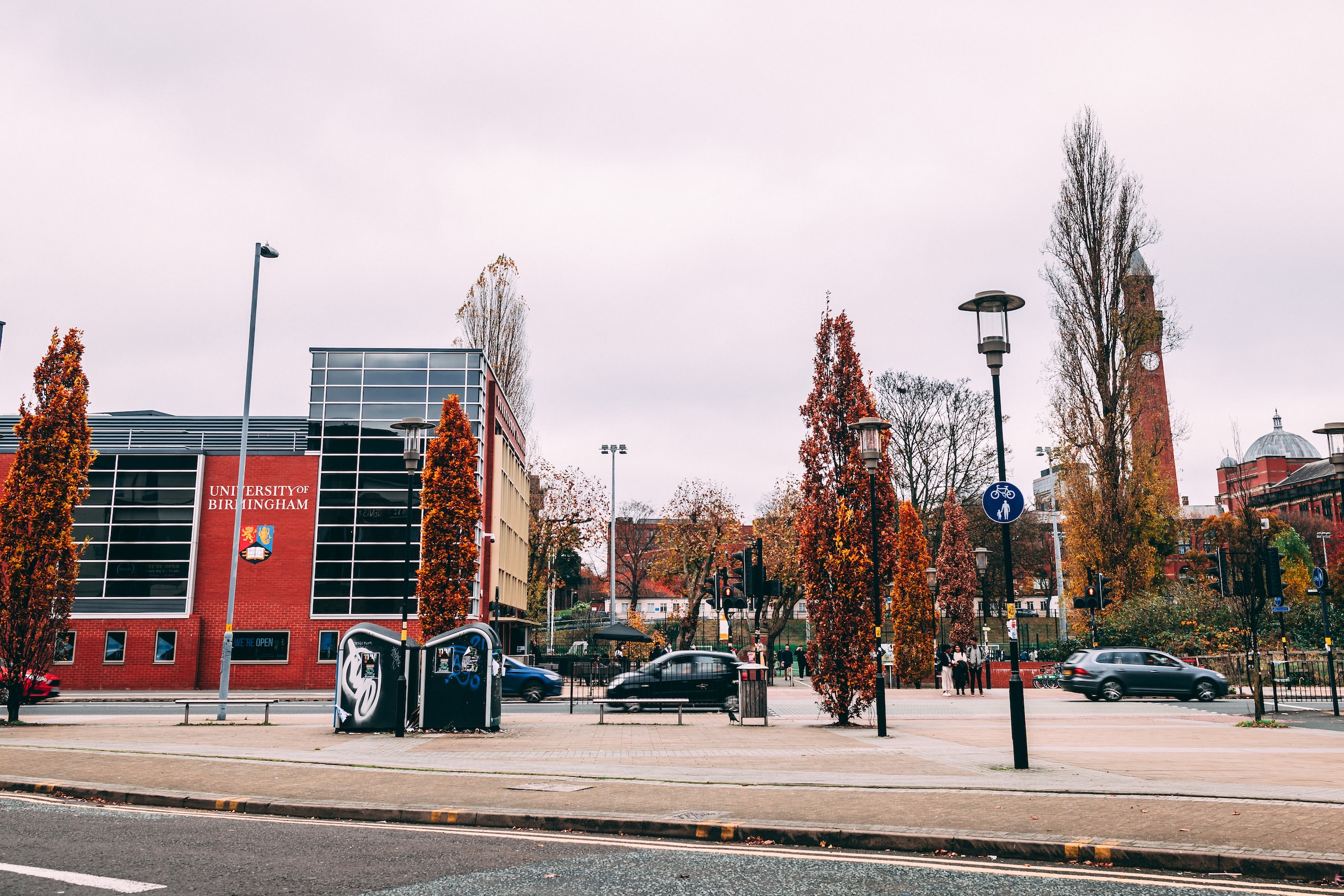
After news that a Harry Potter TV series is in the early stages of development, TV critic Emily Wallace questions whether this is a good idea given Rowling’s transphobic views
If you had told me in my early teens that a new Harry Potter TV show was in the early stages of development with HBO Max, as reported recently, I would have been over the moon at this news, having been a lifelong fan of the books and films. Hearing this now, however, merely fills me with dread. My love for the book series that shaped my childhood has been tainted in recent years after its creator, J.K Rowling, has continued to express transphobic views, and this has left me and many other Harry Potter fans wondering if we would even want a new TV show if Rowling was involved.
My love for the book series that shaped my childhood has been tainted in recent years
The first question on many people’s minds is what exactly would a TV show in the Harry Potter universe cover? While I think the original book series would translate well to a television format, as this would create more opportunity to expand on details and characters from the books that the films did not have enough time to cover, it is only just under ten years since the last film was released. Given the iconic status of the films within our culture, regardless of Rowling and her views, it feels a little too soon to me for a reboot of the series. There are plenty of extra events within the book series that could provide ample material for a TV show – the lives of Harry Potter’s parents, which we only see snippets of, comes to mind – but even though this is something I would have found interesting to watch, Rowling’s involvement is something that would deter me from it.
On the one hand, a TV show could provide a new platform to introduce further diversity into the Harry Potter universe, whether that be through racial diversity or LGBTQ+ representation in the cast. However, the more recent Potter spin-offs, such as the 2016 play Harry Potter and the Cursed Child, and the Fantastic Beasts film series, make me hesitant to think that diversity would be high on the agenda for a TV show. Rowling’s claim in a 2007 interview that Dumbledore was gay (despite this not being represented within the text) was important. Yet, this representation has yet to be explicitly seen on page or screen, despite there having been plenty of opportunities to reference it in the 2018 film The Crimes of Grindelwald. The film series also features a predominately white cast and has been criticised for its treatment of its non-white characters such as Nagini. The Cursed Child, while taking a step forward in diversity through casting Noma Dumezweni, who has South African heritage, as Hermione in its original cast, also met criticism from some fans for queerbaiting with its two lead characters.
I can only hope that Rowling’s impact is minimal, and that it learns from the mistakes of previous Harry Potter media
Given the track record of these recent entries into the Potterverse, I cannot trust that a TV show set in the Harry Potter universe would provide the well-written diversity that the franchise arguably needs. Even if this was incorporated into a TV show, I would still question whether to support it if Rowling were to be involved, which, given her authorship, she almost certainly would be. Another piece of Harry Potter media would only draw further attention to Rowling and would give her more of a platform, which could be dangerous considering the views she has shared on social media over the past year. Even if Rowling is not directly involved in the creation of a new TV show, she would still profit from it monetarily as the creator of the Harry Potter franchise, adding to my doubt over whether I would watch and support a Harry Potter television series.
Perhaps, then, it would be best if this show did not go ahead at all, so that JK Rowling cannot further benefit and take away from the hard work of production teams that would go into the creation of a show. However, if it does go ahead, I can only hope that Rowling’s impact is minimal, and that it learns from the mistakes of previous Harry Potter media so that there is diversity in all stages of the creation process.
Check out similar TV articles here:
Authenticity in Casting: Can Straight Actors Play Gay Characters?
Bridgerton: Colour-Blind Casting is Here to Stay, But Is It Progressive or Performative?
Comments